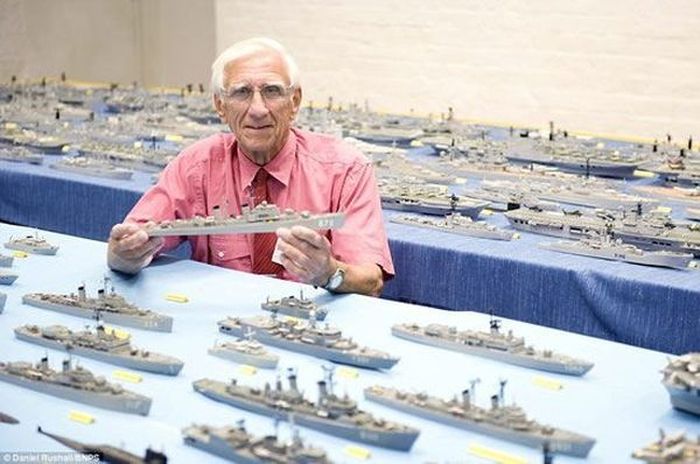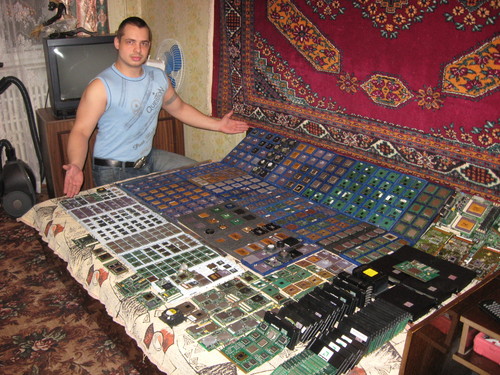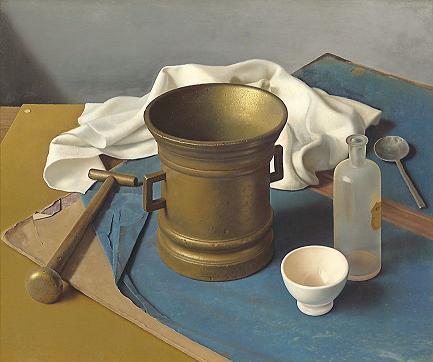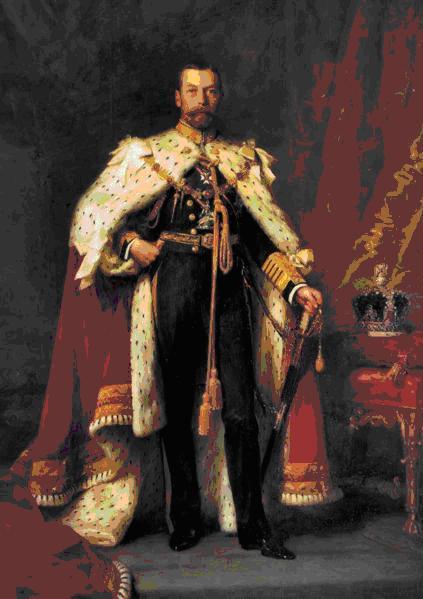Kategorie
Nasz blog programistów jest podzielone na kilka kolekcjonerów tematów lub kategorii:
Tags
Use tags below to find a required article in the blog:
5 years
art
auction
Australia
award
bank
banknote
banknotes
Belarus
bill
bills
Books
Brazil
Canada
cars
cat
celebrity
China
coin
coin stacking
coins
collage
collection
collector
collectors
competition
cool
CS
currency
Czech Republic
design
dollar
dollars
euro
face
flag
France
fun
funny
germany
hobby
India
Japan
king
library
medals
Mexico
microscope
mint
money
moneygami
museum
news
NYC
Olympic Games
paper money
penny
photo
Pound
review
riddle
rouble
Royal Mint
ruble
rubles
rupee
Russia
scotland
set
sightseeing
Soviet Union
stamp
stamps
Switzerland
travel
tree
Ukraine
United Kingdom
United States
video
vinyl
war
won
ww2
yuan
| Blog Deweloperzy
16 listopada
2010
|
Collecting navel lint is probably not the kind of hobby you want to bring up in a conversation, but that hasn’t stopped a 45-year-old librarian from collecting his own belly button fluff, for the last 26 years.
Graham Barker, from Perth, Australia started his bizarre collection when he noticed his own navel lint, one night, and became curious about how much fluff a person produces. The only way to answer his own question was to monitor his own belly button, and collect the lint. Contrary to what most people believe when they hear about his weird habit, Graham isn’t obsessed with lint, nor does he spend most of his time checking his navel. He is only driven by curiosity, and dedicates a mere ten seconds a day to collecting the fluff, right before stepping into the shower.

The amount of fluff he finds in his navel every night depends on the type of clothes he’s been wearing that day, but he has noticed thermal underwear is the most productive. Each night, he takes whatever he can find in his belly button and stores it in a clay jar, bought specifically for collecting lint. At the end of each year, he ads the lint to his grand collection. In the 26 years that he has been collecting his own fluff, he managed to fill three glass jars, and he is already working on his fourth. Believe it or not, his extensive collection weighs just 22 grams.

Graham Barker admits that lint, as a raw material, is worthless, but it gains both curiosity and financial value. After being acknowledged by the Guinness Book of Records as the world’s largest collection of navel lint, his three jars of fluff were acquired by a museum, for an undisclosed sum. When they see the belly button lint collection, most visitors have a positive reaction, but there are still those who find it disgusting or simply stupid.
Graham only plans to stop collecting navel lint when he is incapable of doing so anymore, but he reckons he’ll fill up five more jars before then, thus making sure his record doesn’t get beat any time soon.
|
20 października
2010
|

|
31 sierpnia
2010
|
79-year-old Phillip Waren has spent the last 62 years of his life creating incredible ship models out of old matchsticks and the wooden boxes they used to be packed in. He started building his amazing matchstick models when he was just 17, using the things around him, and since matchsticks were much more common back then, finding large supplies was a very easy task.

The master modeler, from Brandford, Dorset, has created every ship built in the Royal Navy since 1945, as well as 60 other ships from the US navy and other impressive floating fortresses from 18 other nations. One of the largest ships in his collection is the famous USS Nimitz, the largest aircraft carrier in the world.
Throughout his career as a ship model builder, Phillip Waren created over 400 individual ships, as well as 1,200 airplane models that make his aircraft carriers look more real. The average ship in his collection is made using around 1,500 matchsticks and takes about a month to complete, but for his larger creations he used over 5,000 matchsticks and 200 wooden boxes. These took him about a year to complete. All in all, Phillip Waren used around 650,000 matchsticks, to create his entire fleet.
Although many museum curators told him his matchstick creations are worth serious money, Phillip Waren considers them invaluable, and has never once considered selling them. He decided not to ensure them either because he feels “the purpose of insurance is to replace things when you lose them. These can never be replaced”.
Sadly, his collection isn’t going to grow much bigger than it already is, not because Phillip Waren is getting to old, but because the wooden boxes used as packaging for the matches have been replace by cardboard ones, and his stockpile is running low.
Take a look at Mr. Waren’s detailed collection and prepared to have your mind blown: Przeczytaj więcej ...
|
30 lipca
2010
|

Largest private collection of CPUs has been discovered upon one Russian guy has posted a message on a forum. His message says "here is my humble collection for you" and then listed something more than one thousand of different types of computer processors he collected. There are ones from the old times and as well as modern ones, the lost and seemed never coming back relics of Soviet Russian genuine processors that preceded Intel world dominance and many other interesting findings he had. Przeczytaj więcej ...
|
22 października
2009
|
The DSB bank owner had used his museum’s art collection as security for a loan of EUR 32 million.
Spanbroek – Staff of the Scheringa Museum of Realist Art were shocked Tuesday evening as the museum’s permanent collection was seized by ABN Amro bank in lieu of DSB bank boss Dirk Scheringa’s unpaid loan.

Jan van Tongeren (1897-1991)
Przeczytaj więcej ...
|
8 października
2009
|
George V (George Frederick Ernest Albert; 3 June 1865 – 20 January 1936) was King of the United Kingdom and the British Dominions, and Emperor of India, from 1910 through World War I (1914–1918) until his death in 1936.

King George V. Portrait
George V who ruled the British Empire more than 25 years, made philately by one of the most popular hobbies in the Great Britain. He took a great interest in a collecting of stamps when he was only 13 years old. He did his first purchases at Pembertone and Charles Phillips. By 1890 George had already have enough serious collection. George's father , Edward, helped the son with a rare material for the collection which usual philatelists had no possibility to get. George was the first who received angular quartblocks of all stamps which were issuing in British Empire. Also his father bought the collection of stamps of his brother Prince Alfred, Duke of Edinburgh and gave it to his son. Przeczytaj więcej ...
|
|